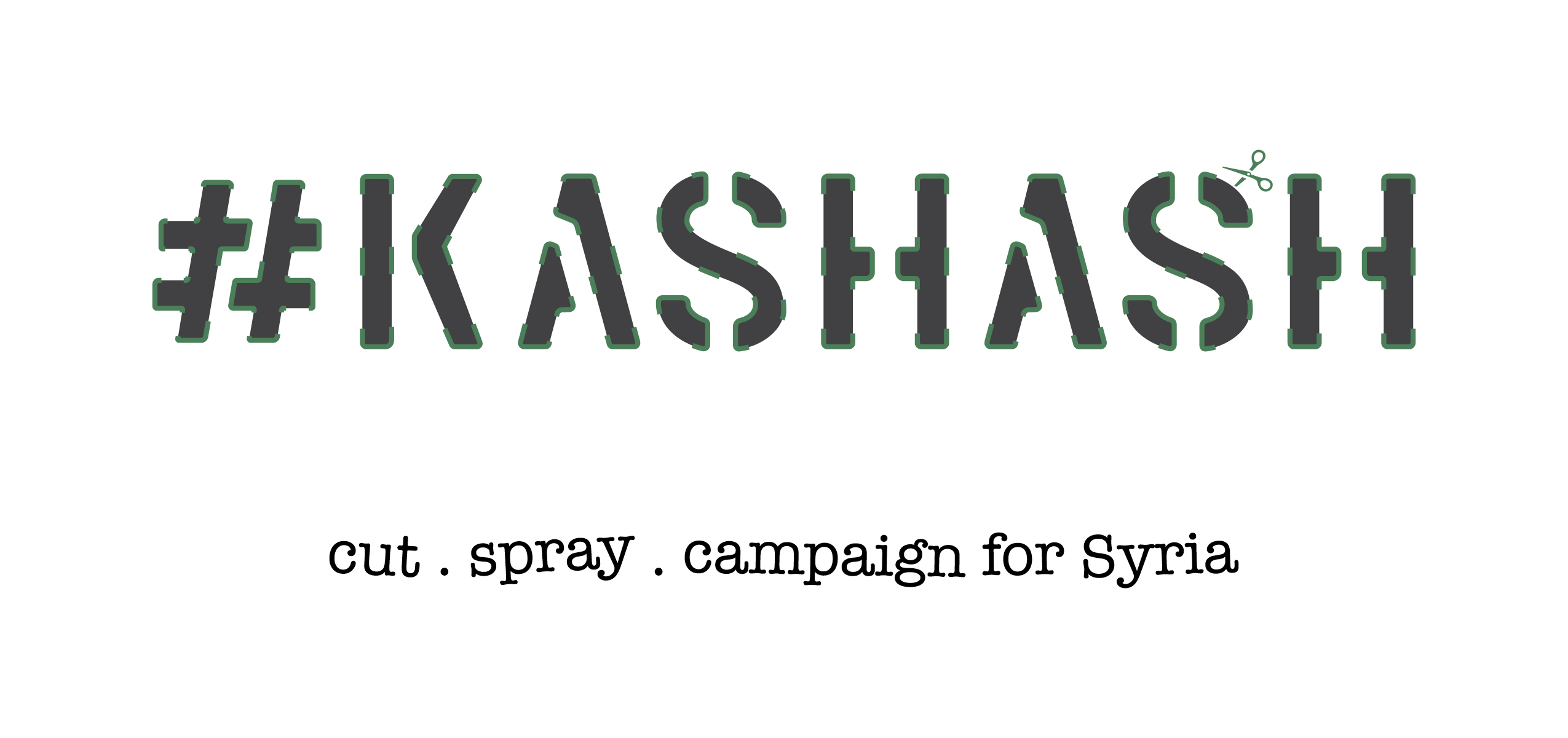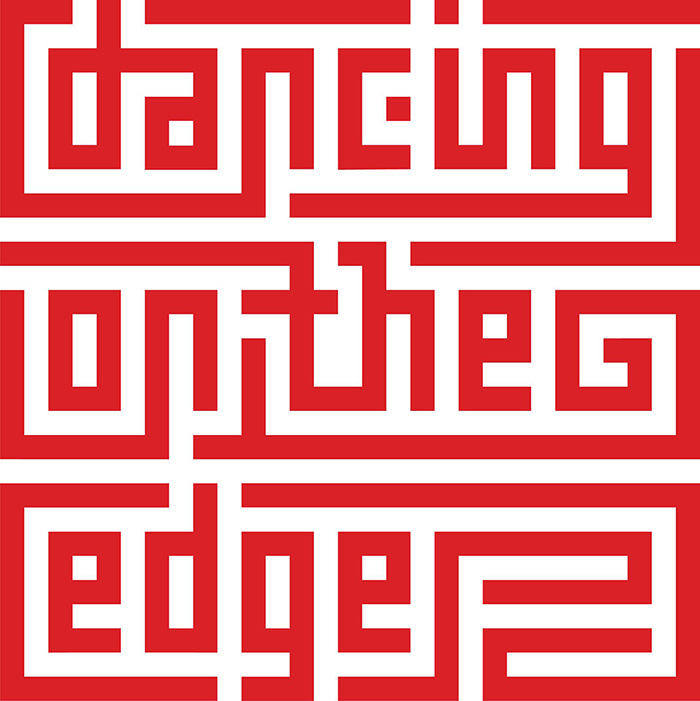KASHASH is a on ongoing curatorial multi-disciplinary artistic research in progress that was initiated by curator Alma Salem in November 2017, gathering 22 Syrian residents in 10 countries around the world: Canada, USA, Germany, France, UK, Turkey, Lebanon, UAE, The Netherlands and Syria. Among them artists, intellectuals, journalists, heritage experts, researchers, software developers and speakers. They were invited to discuss and present artworks around the concept of KASHASH. They tackled various underlying issues: from social perceptions to discrimination and citizenship, from protection of intangible heritage and collective memory to interviewing a KASHASH artist and looking at similarities between art and pigeon breeding; From highlighting the popular practice presence in poetry, religion books and 6 7 ancient literature to reflecting on rooftops, medi - ation, transcendence, to exploring boundaries between, surrealism, hallucination, dreams and nightmares; From challenging issues of KASHASH language, to that of conflict, pride and virility; From a specially commissioned short story in Greece for KASHASH to a journalistic investiga - tion in Raqqa on the portrayal in the media of the destruction of the Syrian cities (and their rooftops); From two short documentaries (one filmed in Damascus and the second in Binnish, northern Syria) to a dictionary of the special dialect of Syrian pigeon breeders… One year after its launch, this installment at BOZAR of KASHASH, hosted by Moussem Cities Damascus, invites a new group of artists to con - tribute. It presents an exhibition of contemporary new artworks by Syrian artists including two newly commissioned pieces . The artworks vary between multimedia and video arts, short documentaries, installations and photography. KASHASH is dedicated to the fragility of Syrians who for the first time tested their wings, to all those who are seeking their freedom trapped between ornithophobia and colombophilia, a call to protect this practice as intangible heritage. Over ten research papers were commissioned during the project and they will constitute the basis of a future publication of a book titled KASHASH and the documentary film with the same name.
GUERILLA CAMPAIGN
In order to leave a legacy, Syria Sixth Space is committed to sharing the story of KASHASH world wide. Besides starting an online campaign, a global guerrilla graffiti campaign will be launched to spread the message. During the festival we invite you to join us to cut, spray, and campaign for Syria!
Please sign the petition here: Free Syria Skies
Click on KASHASH below to download the stencil

Kashash tours
2019
KASHASH toured to The Palais du Bozar
02 Feb — 28 Feb
https://www.bozar.be/en/activities/150697-kashash
As part of MOUSSEM CITIES DAMASCUS
http://damascus.moussem.be/en/programma/kashash
Read the Catalogue
Background:.
Since 2011, the start of the Syrian uprising, the mysterious disappearance of several rooftops pigeon breeders called the (KASHASH) across the lands is evidence of how Syrian skies have become a maelstrom of fire. The cities’ rooftops, previously occupied by many of them started to serve as vantage points for all forms of authoritative representation continues to be occupied by military presence until today in 2017. At the same time on the 9/2/2015 ISIS detained and executed 15 young pigeon fanciers in the city of Raqqa, and issued a statement forbidding this special traditional practice, while many of rooftops turned to ground zero
KASHASH cause reclaims Syria’s rooftops as intimate popular spaces for safety, meditation, spirituality, and personal escape, it protests the right and freedom of pigeons to dance again in the Syrian skies and by this inviting for reflection around today’s relationship of Syrians with their devastated cities, fear and authority. KASHASH message is a call for a peaceful, free Syrian skies from hostile military aircrafts, a no fly zone, a safe zone, a green zone to end the war and end the bloodshed. KASHASH will deliver this message through the medium of arts and it will break the silence by opening the discussion about issues of preserving intangible and tangible Heritage, resisting politics of Fear, understanding Conflict, calling for Freedoms, Dignity and Justice to all Syrians, resisting Extremism, scandalize War Economy, stressing Mobility, and rights, all human and animals rights
KASHASH aspires to creatively disturb the global community silence about Syria, to push Freedom of expression for and about Syria, in a solicited questioning.
KASHASH: THE NETHERLANDS EXHBITION TOUR AND TALKS THIS NOVEMBER
Syria Sixth Space curatorial platform gathered 22 Syrian cultural leaders, currently resident in 10 countries around the world: Canada, The United States of America, Germany, France, The U.K, Turkey, Lebanon, UAE, The Netherlands and Syria, among them artists, intellectuals, journalists, researchers, software technicians, and speakers to offer to public in the Netherlands a multi-dimensional thoughts space inspired and informed by the Syrian KASHASH.
They tackled various underlying issues: From discrimination and citizenship, to protection of intangible heritage and collective memory; from interviewing a KASHASH/artist, to highlighting the popular practice presence in poetry, religion and literature. From reflecting on rooftops, mediation, transcendence, to exploring boundaries between the Syrian KASHASHsurrealism, hallucination, dreams and nightmares. From challenging issues of KASHASH language dictionary, to conflict, pride and virility. From a specially commissioned short story in Greece for KASHASH to a journalistic investigation in Raqqa to the Media image of Syrian cities destruction and its rooftops put to ground zero.
Celebrated in a Contemporary digital and multimedia artworks installation gathering six visual artists and touring to four cities in the Netherlands, this November KASHASH is aspiring to open a series of conversations in four cities to bring to light those issues,
And in order for it to create a legacy Syria Sixth Space is committed to tell this story to younger generations by offering a KASHASH schools free online educational toolkit, To back-up KASHASH cause by an online graffiti campaign accessible to all, to leave a souvenir mural trace in Amsterdam, and to wrap-up its rich artistic experience in a publication appearing in Spring 2018.
Participating authors, artists and speakers by alphabetical order: Hassan Abbas (academic and writer), Rasha Abbas ( writer) , Basel Abdo (software developer), Ziad Adwan ( theater practitioner), Dima Al-Chukr (critic and writer), Abed Al-Hakwati (filmmaker), Sarmad Al-Jilane (activist and journalist), Abdullah Alkafri ( playwright , Executive Manager Ettijahat for Culture) Jumana Al-Yasiri (performing arts manager and researcher) Khaled Barakeh (visual artist), Ibrahim Fakhri (graffiti/visual artist), Omar Imam ( Photographer) , Hanan Kassab Hassan (art scholar), Anita Mouccadem (film metrial), Marieke Odekerken ( Photographer), Astrid Rijbroek (Ex Director of the Netherlands Institute for Academic Studies in Damascus (NIASD), Mey Seifan ( Dancer and Choreographer) , Liwaa Yazji (filmmaker, writer and poet), Khalil Younes (visual artist), Natasja Van’t Westende ( Director Dancing on The Edge festival) Wannous Dima ( writer and critic) , Esther Wienese (writer)
Curator Alma Salem Production Syria Sixth Space Coproduction Dancing on the Edge
Graffiti Stencils © Ibrahim Fakhri
KASHASH is a continuous installation with free admission. Curator’s tours can be attended with a reservation. Click on tickets below to book your (free) visit.
- 8 & 9 Nov / The Hague Korzo
- 10 & 11 Nov / Amsterdam Podium Mozaiek
- 15 & 16 Nov / Utrecht Stadsschouwburg Utrecht
- 17 & 18 Nov / Rotterdam Theater Rotterdam
For detailed schedule of events and ticketing updates visit the festival website : http://dancingontheedge.nl/projects/KASHASH/
Dancing on the Edge
Special thanks from Syria Sixth Space to Dancing on the Edge and its festival team for their invitation, generous support and memorable moments of making KASHASH happen
http://dancingontheedge.nl/festival/about/

